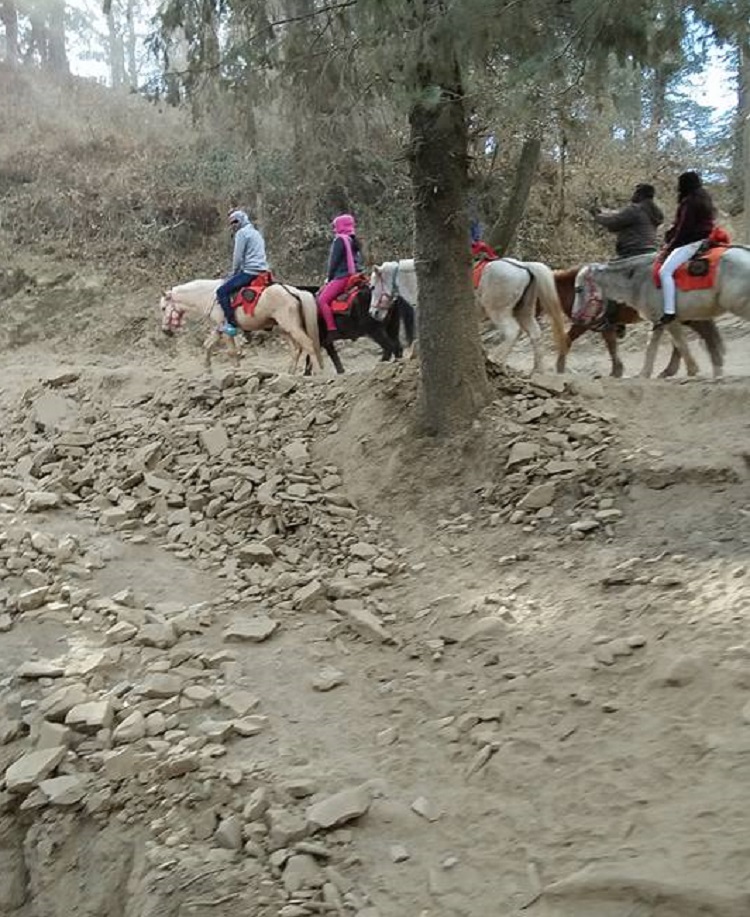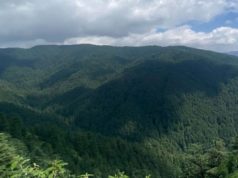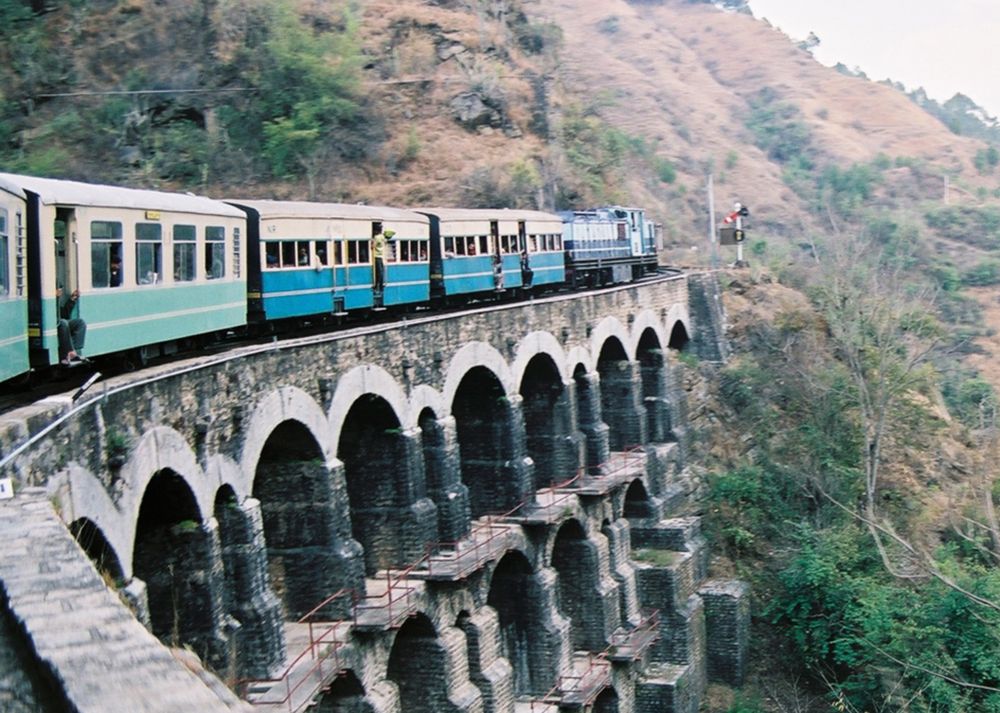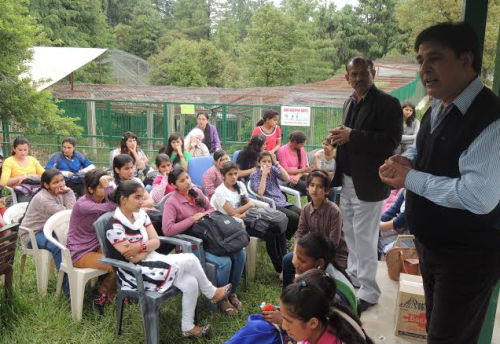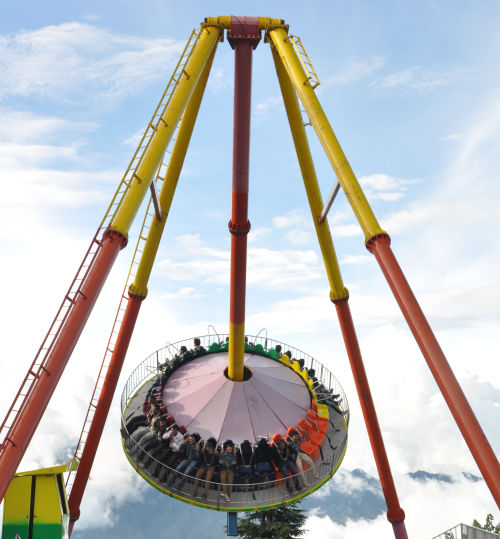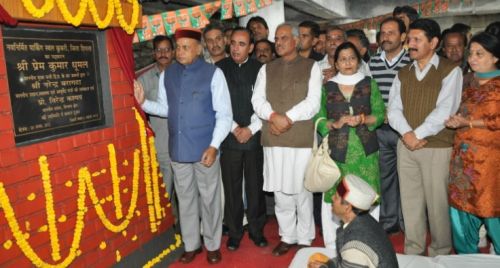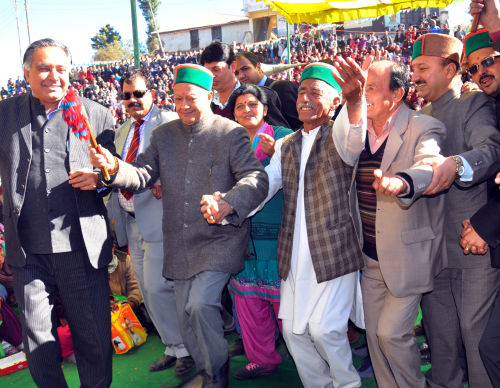In a significant move towards sustainable tourism and environmental conservation, the National Green Tribunal (NGT) has set its sights on Kufri, directing measures to address both cruelty to animals and the environmental impact caused by an increasing population of horses.
Kufri, renowned for its scenic landscapes and vibrant tourism, has been facing challenges related to the disposal of horse feces and the apparent mistreatment of animals used in the horse-riding industry. A petition filed with the NGT highlighted these concerns, emphasizing the urgent need for action to maintain the ecological balance in the region.
Responding to the plea, the NGT has ordered a reduction in the number of horses running from Kufri to Mahasu, currently standing at a staggering 850. The tribunal’s decision aims to strike a balance between sustaining the tourism-driven economy and ensuring the welfare of the environment and the animals involved.
The lack of a proper system for the disposal of horse feces has raised environmental alarms in Kufri. Nitrogen, phosphorus, and carbon released from the feces find their way into waterways, impacting the local groundwater system. The NGT, recognizing the long-term consequences of this issue, has mandated a phased reduction of the horse population.
In addition to the environmental concerns, the NGT is addressing the welfare of the horses used for tourism purposes. The tribunal’s directive includes provisions to curb cruelty and mistreatment, ensuring that the horses are not subjected to undue stress and harsh working conditions.
To enforce these mandates, the Forest Department in Kufri has formed a dedicated committee. Chaired by the Chief Forest Conservator, the committee includes key officials and representatives from various administrative bodies and local panchayats. The team is tasked with overseeing the re-registration of horses, ensuring compliance with NGT directives, and planning a sustainable path forward for the tourism industry in Kufri.
Horse owners in Kufri have been given until March 2 to register their horses and obtain the necessary licenses. This process not only facilitates the reduction in horse numbers but also assists in identifying individuals from outside areas who contribute to the horse-riding activities in Kufri, potentially affecting local employment opportunities.
Kufri’s response to the NGT’s directives reflects a commitment to striking a balance between tourism-driven economic growth and environmental sustainability. The phased reduction in the horse population, coupled with measures to address environmental concerns and animal welfare, signals a new era for Kufri – one that aims to preserve its natural beauty for generations to come.


